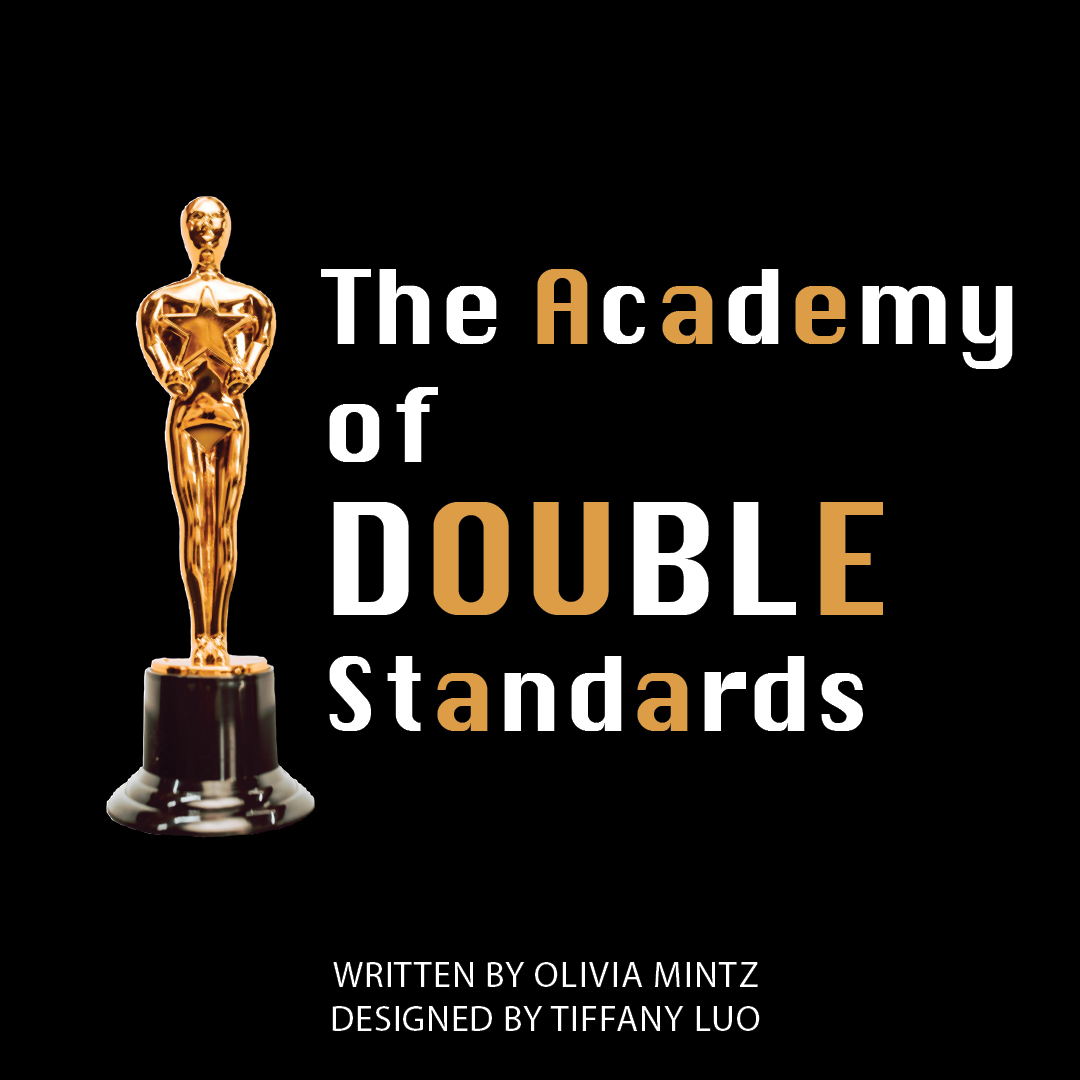
The Oscars are still so white.
Though representation has vastly increased throughout full-length productions, there are still complaints about award shows, specifically the Oscars, discrediting actors and directors of color for their phenomenal work.
The hashtag #OscarsSoWhite, originally tweeted by April Reign in January 2015, began a movement to protest the racism perpetuated by the Hollywood film industry. For years the majority of nominees and winners for Oscars ceremonies have been white. In the 94 years of the Academy Awards, only about 9% of the awards have been won by people of color, according to the Evening Standard.
The top nominated film for this year’s Oscars was the sci-fi drama “Everything Everywhere All at Once,” written and directed by “Daniels” (Daniel Kwan and Daniel Scheinert). With 11 nominations, this film has been regarded as groundbreaking for its creativity, storytelling, and Asian representation. The main cast (Michelle Yeoh, Stephanie Hsu, and Ke Huy Quan) has earned nominations in the leading and supporting acting categories for their phenomenal performances. Co-director Daniel Kwan has also been nominated for the best director category. Additionally, the best supporting actress nomination was given to Hong Chau for her work in the film “The Whale.” For the Asian community, this is a record number with four acting nominations in one year.
This year, only two actors of color were nominated for acting roles: Angela Bassett for best actress in “Black Panther: Wakanda Forever” and Brian Tyree Henry for best supporting actor in “Causeway.”
Looking back on the former Oscar-nominated films, they had primarily white casts with token characters of color. These characters would be stereotypes of their respective races and have little time on screen. The first person of color to win an acting Oscar was Hattie McDaniel, an African American woman who starred in the 1939 film “Gone with the Wind.” However, her role in the film was an enslaved maid, known as a “mammy.” A mammy is now referred to as a racial caricature for Black women who took care of white children during slavery. During that time, however, it was unfortunately common for Black actors to portray characters like mammies or slaves.
Many films starring people of color that have been nominated by the Academy have also been historical dramas depicting tragedies like war, slavery, segregation, or any other exploitation of minorities. Though this medium showcases past events, it can be seen as exhausting for representation to only focus on traumatic events. Such films include “12 Years a Slave” and “The Color Purple.” To some, these films could be considered forms of trauma porn, meaning that there is an excessive display of pain within a marginalized community. Why can’t people of color have stories on the big screen that aren’t heartbreaking to watch? Where are their slice-of-life stories?
Aside from being present in historical dramas, people of color are making their marks within the horror, science fiction, and fantasy genres. In the past few years, films like “Parasite,” “Get Out,” and “Black Panther,” have won numerous Academy Awards. Seeing that more people of color are dominating these fields makes me believe that there’s some disconnect between the standards of predominantly white and minority productions. If a movie is directed by or features people of color, is there a better chance of them being nominated and potentially winning an Oscar if the work is in an obscure genre?
Though the Academy Awards do fail to recognize many performances by people of color in films that are not within supernatural or historical categories, it seems that there is an expectation that minorities have to be “different” in order to stand out.
Unless a film is directly created for a certain demographic, the audience for many large-scale productions consists of white people. Therefore, this makes it less common for stories featuring leads of color to be presented to a wider range of viewers.
As an African American cinephile, I feel that there is an abundance of movies that focus on the Black community that have some sort of relation to racism, segregation, or slavery. Though they can be used to educate people about our history, they can be tiring to watch because it hurts to see that the only movies about my culture showcase our struggles. I would love to see more coming-of-age films and movies that show what daily life is like.